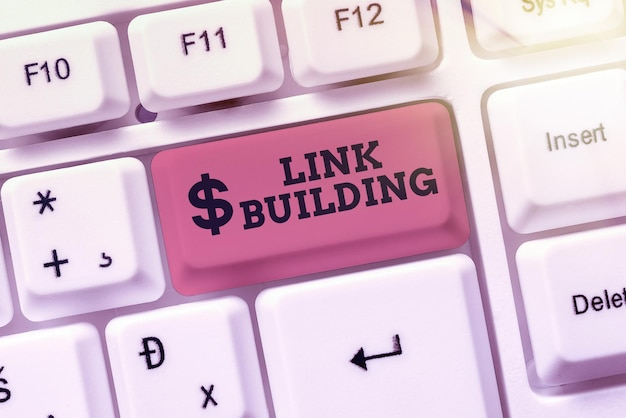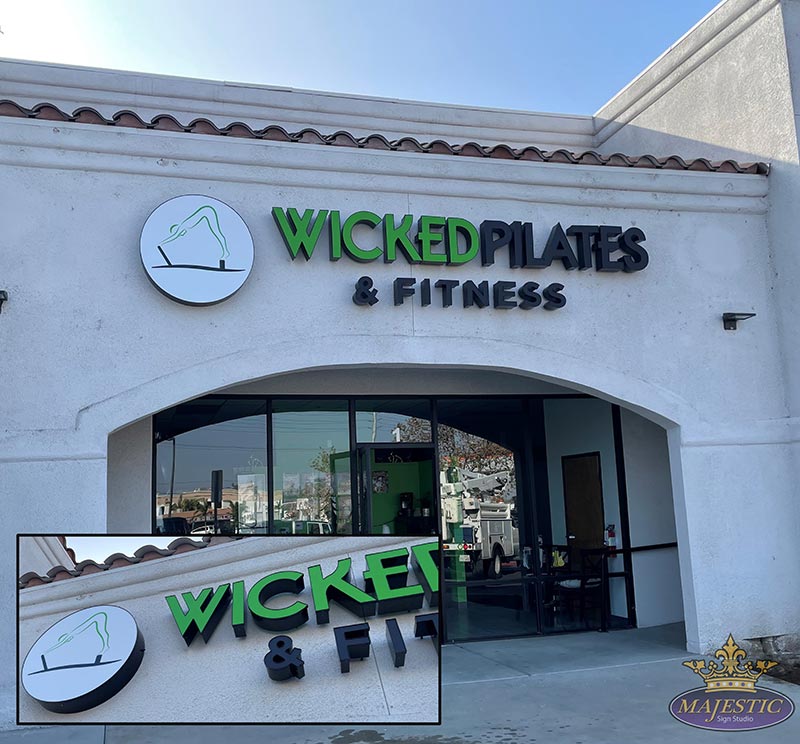
In the evolving world of healthcare, mental health services are increasingly turning to innovative technologies to improve patient outcomes and streamline operations. One such innovation is the use of virtual medical scribes and assistants. These digital solutions are reshaping how mental health professionals manage documentation, administrative tasks, and patient interactions — all while maintaining high standards of privacy and compliance.
The Role of Virtual Medical Assistants in Mental Health
Mental health professionals often deal with complex patient histories, sensitive information, and time-consuming documentation processes. These challenges can hinder the quality of patient care and increase the risk of clinician burnout. This is where a medical virtual assistant can make a significant difference.
Medical virtual assistants provide remote administrative and clinical support to healthcare providers. In mental health settings, they can handle tasks such as appointment scheduling, follow-up reminders, intake form processing, and even documentation during therapy sessions. By managing these non-clinical responsibilities, mental health providers can focus more on their patients rather than paperwork.
Additionally, these assistants can support mental health specialists by updating electronic health records (EHRs), managing billing workflows, and ensuring patient information is organized and accessible. These functions are essential in delivering timely and effective care to those who need it most.
Importance of HIPAA Compliance in Mental Health Services
Mental health data is among the most sensitive types of personal information, making privacy and security a top priority. Ensuring compliance with the Health Insurance Portability and Accountability Act (HIPAA) is not just a regulatory requirement but a critical aspect of maintaining trust with patients.
A HIPAA compliant virtual assistant offers peace of mind to both providers and patients by safeguarding personal health information (PHI). These assistants are trained in HIPAA guidelines and use secure communication channels to ensure that all interactions and data handling meet federal privacy standards.
From encrypted email systems to secure login protocols, HIPAA-compliant virtual assistants provide a secure infrastructure for mental health practices. This allows professionals to delegate important tasks while maintaining full compliance with legal and ethical standards.
How Virtual Medical Scribes Enhance Documentation Accuracy
Virtual medical scribes, specifically trained in mental health terminology and protocols, play a critical role in real-time documentation. They join sessions (virtually) with the provider and patient, accurately capturing notes, symptoms, and diagnoses directly into the EHR.
This not only improves documentation accuracy but also reduces the risk of missed or incomplete records. With real-time updates and fewer administrative burdens, mental health professionals can offer more attentive, personalized care. It also speeds up the billing cycle, ensures proper coding, and enhances the overall workflow of the practice.
Conclusion
The integration of virtual medical scribes and assistants into mental health practices is revolutionizing how care is delivered. These solutions help providers spend more quality time with patients, reduce burnout, and maintain high standards of documentation and compliance. With tools like a HIPAA compliant virtual assistant and an experienced medical virtual assistant, mental health services are becoming more efficient, secure, and patient-centered.






